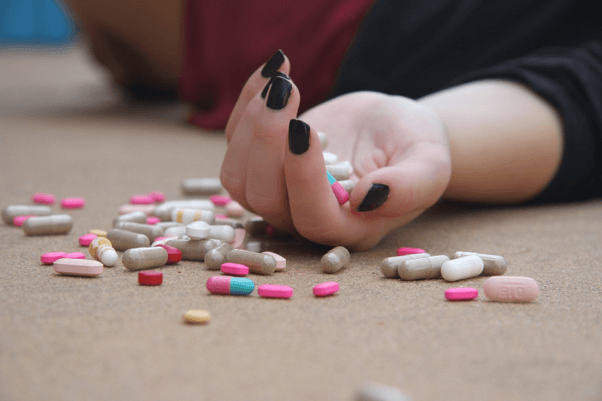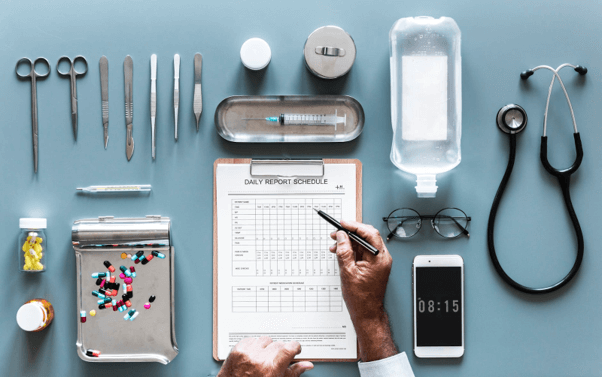Drug Detoxification: How Long Does It Take?
 Image Source: https://images.pexels.com/photos/271171/pexels-photo-271171.jpeg
Image Source: https://images.pexels.com/photos/271171/pexels-photo-271171.jpegThe struggle to detox is real; real and difficult enough that it might keep someone locked in the cycle of addiction. But anyone trapped in that cycle knows that detoxing is the very first step that has to be taken when the decision to live a drug-free life is made. Almost all organs in the body are prone to some form of malfunction or disease with prolonged drug use and abuse and your body needs to undergo a process that removes toxins from it, which is a detox.
How long does detox take?
That's the question asked all the time and its answer could vary depending on several factors. The Substance Abuse and Mental Health Services Administration (SAMHSA) had reported that the average length of detox is fewer than eight days.
Yet, this estimation shouldn't be taken at face value. For some people it could be a matter of days, for others it could take weeks. The factors that determine the detoxification duration are:
- Type of drug abused
- Rate, dose, and duration of use
- Presence of more than one abused substance
- Detox area or surroundings (home or a rehab center)
- Goals of the patient
- Previous detox attempts
- The individual's health condition as well as age
Since each individual case varies, and withdrawal and detoxification can be unpredictable, it's best that each person undergoing detox does so in the safest way and surroundings possible, with medical support also at hand when needed.
When undergoing detox, there are generally 3 stages:
1. Evaluation: During this stage the evaluation will determine the presence of alcohol or drugs or both. This is detected through urine, breath, or blood testing. An individual's current medical health state, and existing medical issues are also evaluated. Based on this, the most appropriate strategy is chosen for detox.
 Image Source: https://images.pexels.com/photos/935869/pexels-photo-935869.jpeg
Image Source: https://images.pexels.com/photos/935869/pexels-photo-935869.jpeg
2. Stabilization: The first goal of detoxing is stabilization where the addict is helped to reach a safe spot, keeping in mind that detoxing has its low and high times throughout the process. Since the bulk of the detoxing happens during this stage, medical services should be available. Lots of people have tried to go through it alone at home, but the symptoms are always much of a serious issue and the patient is advised to be under the supervision of a Drug detox center with professionals to help during each stage. Symptoms of detox can be intense, including shivers, fevers, and hallucinations, among others. No matter how scary all this might sound, knowing there are people to help you will lessen the anxiety you might be feeling.
3. Further treatment: Detoxing isn't sufficient for a stable recovery and addicts are encouraged to have more willingness to seek further treatment. Further treatments may include methods of single or group meetings, specialized programs to follow, and other steps to take for anyone to protect their sobriety. You can check detox centers that offer in- and outpatient treatments. People who move directly to treatment after detox have a higher chance of a successful recovery than those who detox and do not complete their treatment.
Detox is the first step
Whether you enter a detox program on your own free will, or forced to, say because of a court order, it is just the first step along the road to recovery. Detox only addresses the physical issues of an addiction. Further treatment is needed to address underlying causes of the addiction such as psychological, behavioral and social issues. Taking this first step is courageous, and it's important to always know that you can receive guidance and care during it and throughout your entire life for a complete recovery.
839GYLCCC1992



Leave a Reply